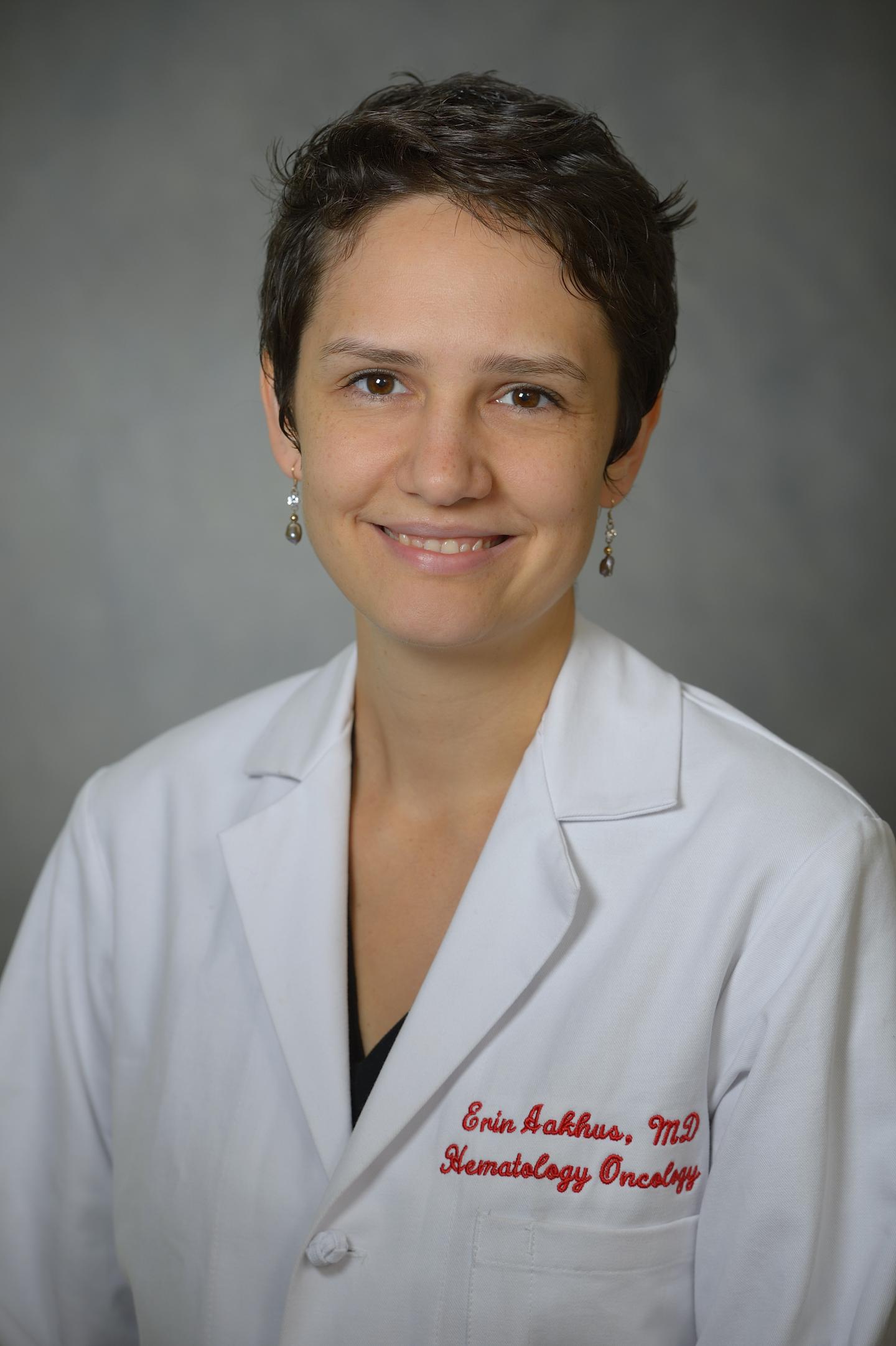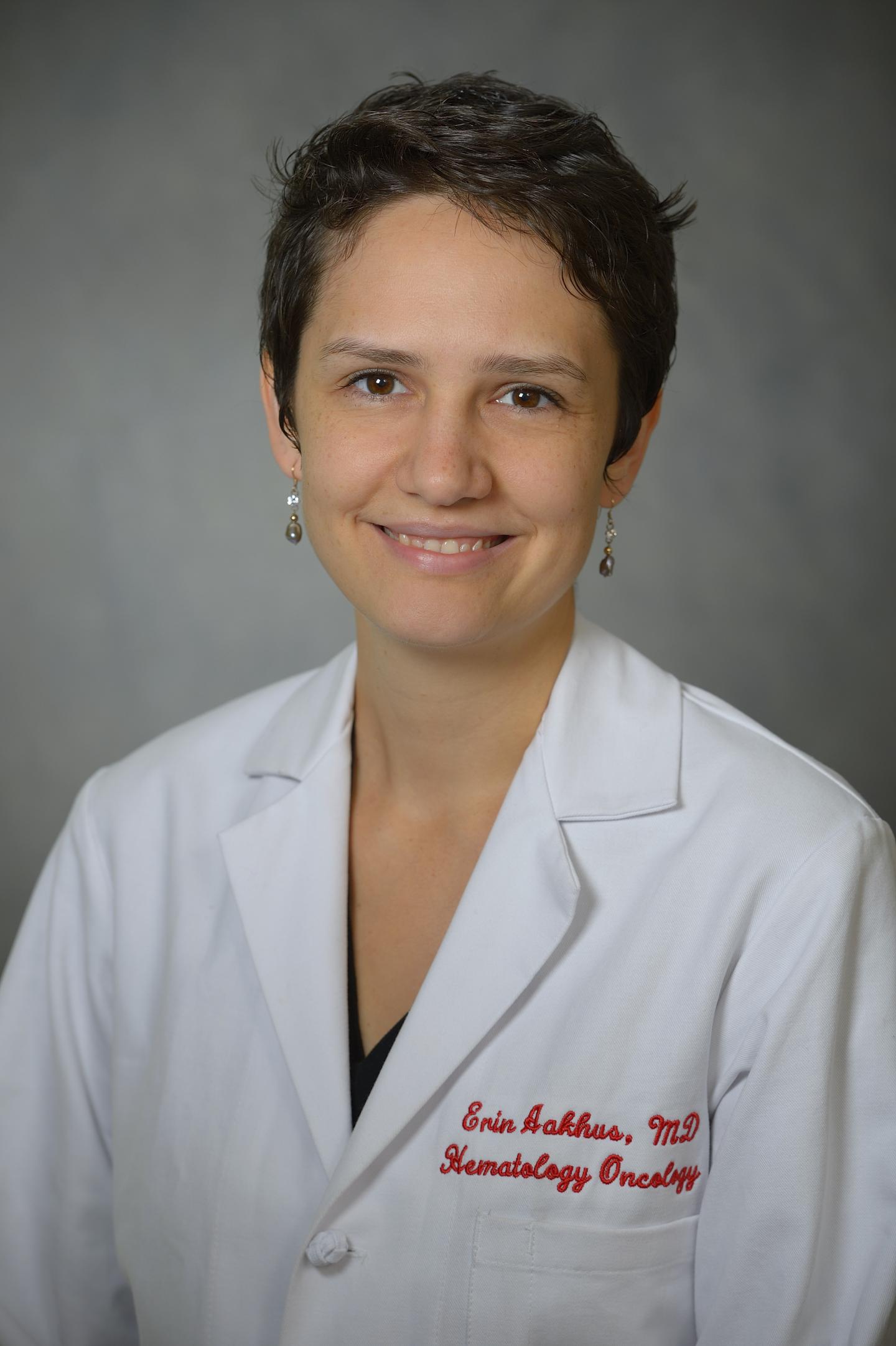
Credit: Penn Medicine
PHILADELPHIA – Being transparent about the cost of cancer treatments with patients has been increasingly recommended to help minimize financial harm and improve care, but what's preventing or derailing those conversations is less understood. New findings from Penn Medicine that identified several barriers and key facilitators may help providers foster more successful discussions with their patients.
The abstract (#6597) will be presented at the 2017 American Society of Clinical Oncology annual meeting on June 5.
Several themes emerged in an analysis of interviews conducted between 22 cancer patients and 19 providers at Penn's Abramson Cancer Center and three of its affiliated community practices over the period of a year.
Barriers to conversations on cost transparency included patients' fear of being "profiled" based on their socioeconomic status or ability to pay. On the other hand, providers feared that cost transparency might threaten the doctor-patient relationship by exposing personal or institutional financial conflicts of interest.
Importantly, both physicians and patients expressed an aversion to having to make tradeoffs between financial and physical health outcomes, the authors reported.
"As financial burdens shift more and more toward the patient, we do see that such tradeoffs are happening. High out-of-pocket costs can lead to non-adherence and early discontinuation of treatment," said first author Erin Aakhus, MD, an instructor in the Perelman School of Medicine at the University of Pennsylvania. "Meanwhile, few oncologists discuss these costs routinely with their patients. We need to identify those factors that stand in the way of making cost transparency acceptable and feasible for providers of cancer care."
In recent years, many have called for more cost transparency in an effort to control the rising costs of health care that are falling back on the patient. More specifically, oncologists have been encouraged to discuss patients' out-of-pocket costs, in terms of co-pays, co-insurance and deductibles, based on their insurance plan to help them avoid financial hardships or waste and choose higher-value care.
Other barriers to cost transparency discussions, the authors found, included time constraints and difficulty in providing accurate cost estimates.
Patient preferences about whether to engage in such discussions varied, as well. While some wanted to discuss costs with their provider, others feared it would "distract" providers from their primary roles as health advocates.
Researchers also found that strong doctor-patient relationships and availability of support staff with financial expertise were important facilitators of cost transparency discussions.
Oncology practices will need to consider patient and provider aversion to financial-health tradeoffs, patients' sensitivity to socioeconomic "profiling," financial conflicts of interest, time constraints, accuracy of cost estimates, and variability in patient preferences, the authors wrote.
"Identifying these barriers and facilitators is an important step to developing a framework for physicians and their staff," Aakhus said. "In future studies, we hope to use this framework to develop and test practical, scalable interventions that improve communication about costs between patients and their providers."
###
Co-authors include Angela Bradbury, MD, Abigail Rosenstein, RN, and Steven Joffe, MD, MPH.
The study was funded by the Young Friends of the Abramson Cancer Center and the Conquer Cancer Foundation.
Penn Medicine is one of the world's leading academic medical centers, dedicated to the related missions of medical education, biomedical research, and excellence in patient care. Penn Medicine consists of the Raymond and Ruth Perelman School of Medicine at the University of Pennsylvania (founded in 1765 as the nation's first medical school) and the University of Pennsylvania Health System, which together form a $6.7 billion enterprise.
The Perelman School of Medicine has been ranked among the top five medical schools in the United States for the past 20 years, according to U.S. News & World Report's survey of research-oriented medical schools. The School is consistently among the nation's top recipients of funding from the National Institutes of Health, with $392 million awarded in the 2016 fiscal year.
The University of Pennsylvania Health System's patient care facilities include: The Hospital of the University of Pennsylvania and Penn Presbyterian Medical Center — which are recognized as one of the nation's top "Honor Roll" hospitals by U.S. News & World Report — Chester County Hospital; Lancaster General Health; Penn Wissahickon Hospice; and Pennsylvania Hospital — the nation's first hospital, founded in 1751. Additional affiliated inpatient care facilities and services throughout the Philadelphia region include Good Shepherd Penn Partners, a partnership between Good Shepherd Rehabilitation Network and Penn Medicine.
Penn Medicine is committed to improving lives and health through a variety of community-based programs and activities. In fiscal year 2016, Penn Medicine provided $393 million to benefit our community.
Media Contact
John Infanti
[email protected]
215-301-5221
@PennMedNews
http://www.uphs.upenn.edu/news/
############
Story Source: Materials provided by Scienmag





